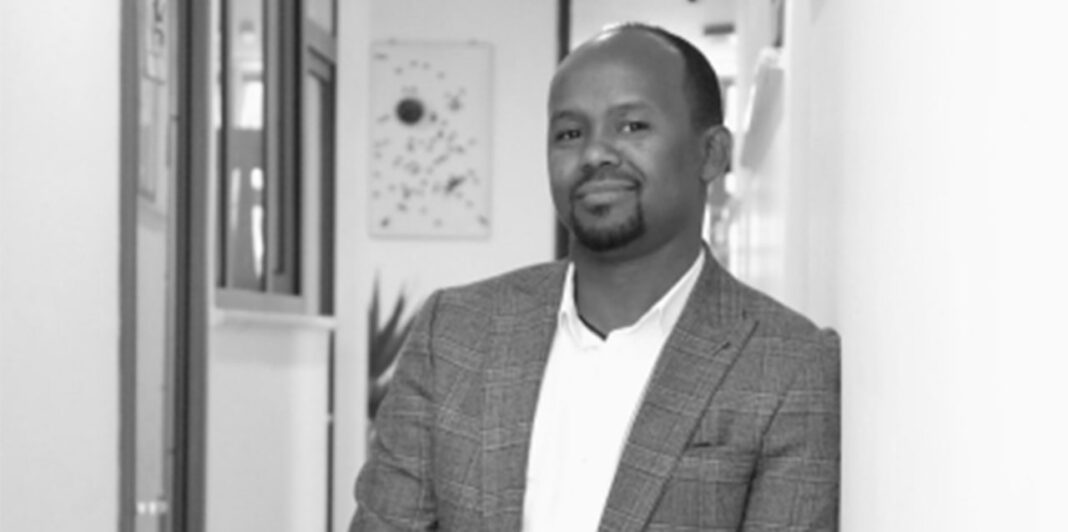The upcoming COP 30 climate summit in Brazil has stirred significant debate and skepticism across Africa. While global leaders pitch these summits as crucial for coordinated climate action, there is mounting concern that the African continent will once again be sidelined—while wealthier nations maneuver to maximize their own benefits, the poorest countries will suffer the greatest climate consequences with insufficient support.
Historically, COP summits have been arenas where richer, heavily industrialized countries—many responsible for the majority of greenhouse gas emissions—have maintained disproportionate influence over negotiation agendas. They are better positioned to secure financial aid, protect their industries, and shape global climate policies to their advantage. Meanwhile, developing countries, particularly Africa, grapple with limited negotiating capacity and growing vulnerabilities from climate impacts such as droughts, floods, and food insecurity.
Africa’s contribution to global carbon emissions is negligible compared to that of developed economies. Yet the continent faces some of the most severe and immediate effects of climate change. The promise of climate finance—payments largely aimed at helping poorer countries adapt and transition—is often under-delivered, delivered as loans rather than grants, or shackled by complex conditionalities that limit true sovereignty over climate actions.
Brazil’s hosting of COP 30 in the Amazon is symbolically powerful. The Amazon rainforest and Africa’s Congo Basin are Earth’s pivotal carbon sinks, biodiversity hotspots critical in regulating the global climate system. Brazil’s leadership signals a potential shift towards greater Global South cooperation. Calls for “climate justice” and respect for the continent’s vast renewable energy potential and unique adaptation challenges echo in speeches and forums.
Yet symbolism risks substituting for substantive change. The commitment made at COP 29 to mobilize $300 billion annually by 2035 for developing countries, while unprecedented, remains far below the trillions that Africa and other developing nations estimate are necessary. This funding gap raises the specter of worsening climate injustice—where promises fall short, vulnerability deepens, and loss of life and livelihoods accelerates among the most exposed populations.
Moreover, geopolitical tensions and a slowing global economy threaten to further limit grant-based financing. Without adequate support, African nations risk exacerbating debt burdens as they try to implement costly mitigation and adaptation measures. Many experts believe a shift towards truly equitable, debt-free climate finance is urgently needed, with multilateral development banks—not private investors—as the trusted partners for Africa.
A persistent failure to compel major polluters to significantly and promptly cut emissions puts additional pressure on poorer countries to undertake disproportionate climate actions without equivalent compensation or technological assistance. This dynamic perpetuates global inequality, placing African countries in the untenable position of mitigating climate problems they had minimal hand in creating.
Africa’s greatest opportunity for COP 30 lies in presenting a united, clear voice demanding climate justice, increased and accessible financing, and respect for its sovereign development paths. African negotiators are pushing hard for mechanisms that ensure transparent, accountable, and sufficient support without onerous conditions.
Yet the global climate governance system remains entrenched in unequal power relations. Developed nations often prioritize economic competitiveness and political interests over the urgency of Africa’s needs. The risk is that COP 30 will replicate past failures—delivering commitments insufficient to match the scale of climate threats, while providing spaces for wealthier countries to reaffirm leadership rather than share power.
The summit’s location in Brazil offers a strategic platform for solidarity among emerging economies. As a BRICS leader and Amazon steward, Brazil can champion South-South cooperation. However, this kind of cooperation must avoid being co-opted into competing geopolitical blocs that leave Africa marginalized.
COP 30 in Brazil faces a critical test—whether it can move beyond symbolic gestures to foster a truly just, effective global climate response inclusive of Africa’s needs. Without fundamental reforms to global climate finance, governance, and multilateral decision-making, the summit risks compounding injustices—where the richest benefit, and the poorest pay the heaviest price.
Africa must leverage this moment to strengthen regional unity, build negotiation capacity, and demand concrete mechanisms that secure finance, technology, and sovereignty. Only through a transformed multilateral system centered on equity, accountability, and solidarity can Africa hope to see COP 30 deliver meaningful progress against the existential climate threats it faces. Until then, the poor will continue to feel the greatest effects while the rest reap the rewards.







